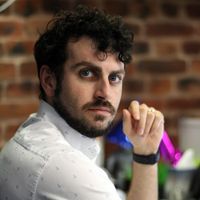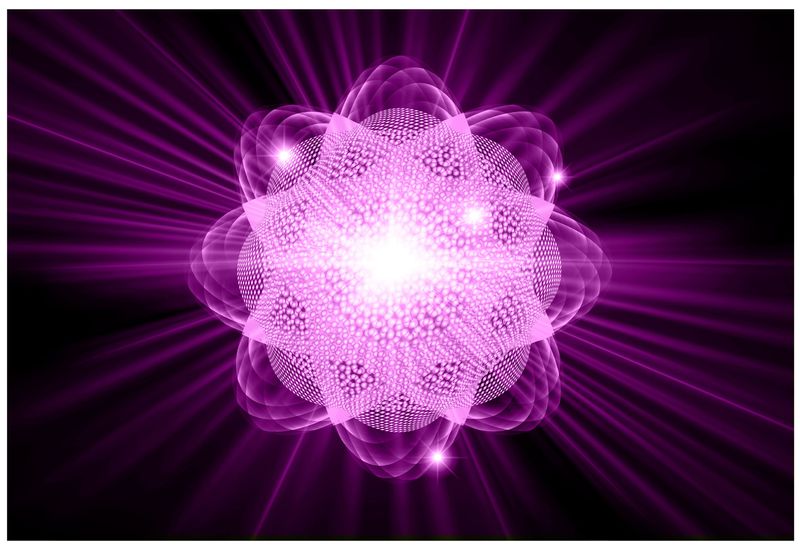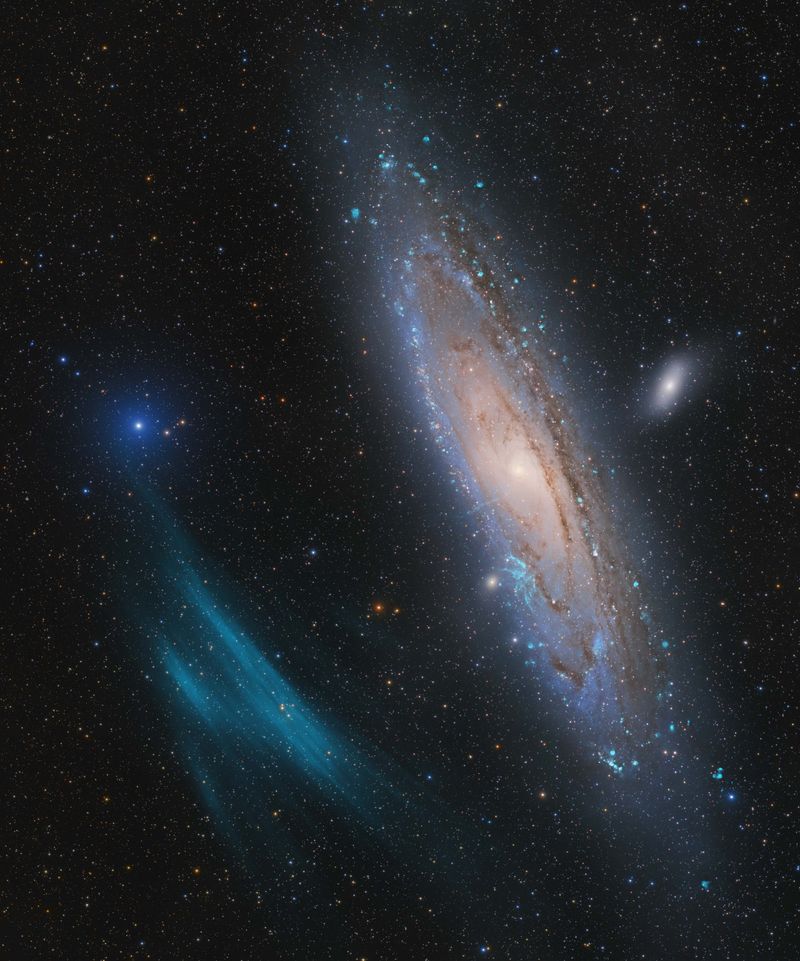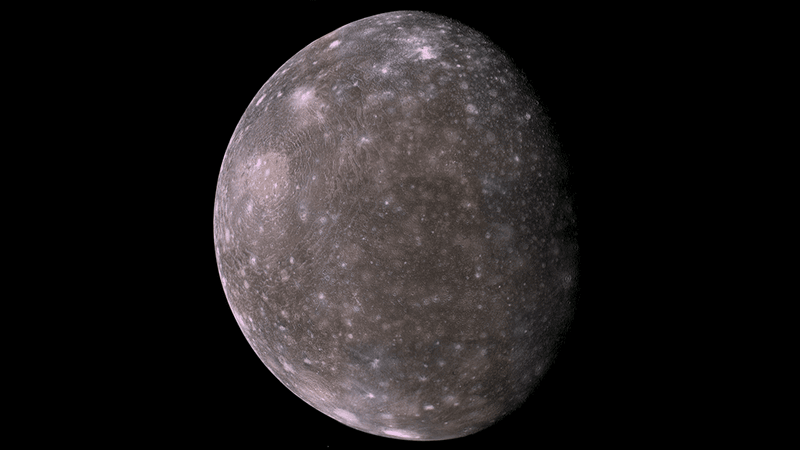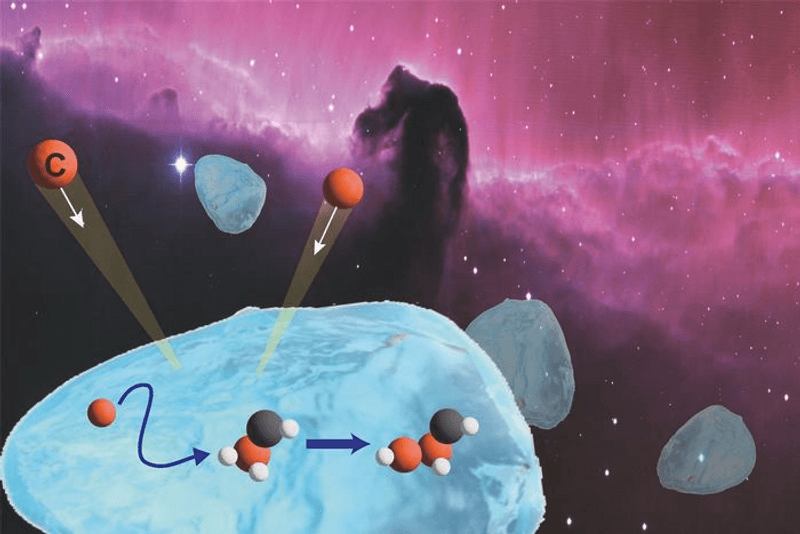Researchers have reported the first evidence of quantum superchemistry. This is a special type of chemical reaction where the atoms and/or molecules in the reaction are all in the same quantum state, leading to a collective and accelerated reaction. This effect had theoretical backing, but proof of its feasibility has been elusive.
The team used atoms and molecules in a Bose-Einstein condensate, the so-called fifth state of matter. At low enough temperatures, particles in these states coalesce into a single quantum mechanical entity. In your regular chemical reactions, single atoms or molecules interact to create new bonds. But if your particles are all in the same quantum state, the reaction happens very differently.
“You are no longer treating a chemical reaction as a collision between independent particles, but as a collective process,” Professor Cheng Chin from the University of Chicago, whose lab conducted the research, said in a statement. “All of them are reacting together, as a whole.”
Thanks to the quantum mechanical properties of the Bose-Einstein condensate, the reaction happens faster as it is not down to the individual particles. Actually, the more particles in the system, the faster the reaction is. The term superchemistry is not being used thoughtlessly.
The team observed the rapid formation of molecules as soon as the reaction began. This was followed by oscillation during the equilibrium process. The product molecules are all in the same state. They did observe faster oscillations in samples with higher densities. This is the expected consequence of the bosonic enhancement.
“What we saw lined up with the theoretical predictions,” said Chin. “This has been a scientific goal for 20 years, so it’s a very exciting era.”
The experiment was performed with simple two-atom molecules, but the team reports that the reaction always involved three atoms despite one remaining single. The third played a role, although it is unclear what kind of role. The team intends to make more complex reactions for possible industrial applications as well as for testing some of the fundamental laws of physics.
“How far we can push our understanding and our knowledge of quantum engineering, into more complicated molecules, is a major research direction in this scientific community,” said Chin.
The research was published in Nature Physics.
